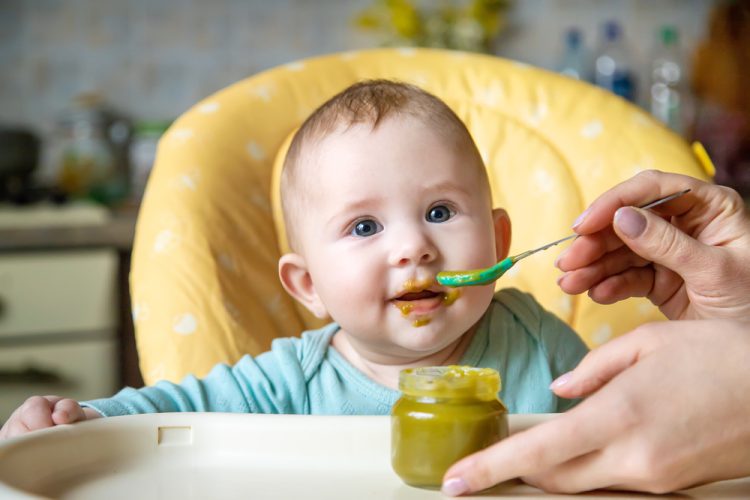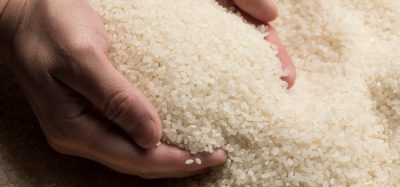Baby food industry given 18 months by UK Government to cut sugar and salt
Posted: 22 August 2025 | Ben Cornwell | No comments yet
Manufacturers have 18 months under new UK guidelines to cut sugar and salt in baby food and improve labelling.


The UK Government has set an 18-month deadline for baby food manufacturers to cut sugar and salt in products for children up to 36 months. Alongside this, the new guidelines will also introduce clearer labelling to help parents make healthier choices and restrict misleading marketing claims.
These measures form part of the government’s wider Plan for Change and 10 Year Health Plan, which aim to tackle childhood obesity and support healthier diets for families.
Obesity costs the NHS £11.4 billion annually and contributes to diabetes, heart disease and cancer. Childhood obesity rates in England have reportedly doubled since the 1990s, with high sugar intake a major contributing factor.
Join our free webinar: Rethinking Listeria monitoring: faster, simpler solutions for food safety & environmental testing
Discover how modern Listeria monitoring solutions can support faster, more reliable food and environmental testing, and help elevate your laboratory’s efficiency and confidence in results.
Date: 18 March 2026 | Time: 15:00 GMT
Following the announcement, Public Health Minister Ashley Dalton said:
Every child deserves a healthy, happy start to life. But babies’ development is being harmed by poor diets and unhealthy food, holding them back and piling up pressure on the NHS.
Too often, parents are bombarded with confusing labels, disguising unhealthy foods packed with hidden sugars and salt.
Our Plan for Change will tackle this, giving parents the information they need and providing children with good nutritious food.
I’m determined to make it far easier for parents to keep their children healthy. From working with influencers to get children exercising, to banning junk food ads near schools – our 10 Year Health Plan will help kids today be part of the healthiest generation of children ever.”
The rules also tackle misleading labelling that conflicts with official feeding advice. Some products marketed as snacks for babies from seven months, for example, contradict recommendations that children aged 6 to 12 months do not require snacks between meals.
Manufacturers will also be prohibited from using claims like ‘contains no nasties’ on products that are high in sugar. Sweeteners remain banned in commercial baby food, so reductions must come from reformulation, not artificial replacements.
Industry reaction
Charlotte Stirling-Reed, The Baby & Child Nutritionist, welcomed the initiative:
Feeding babies shouldn’t be a guessing game. Parents deserve transparency and trust when it comes to feeding their children. These updates – less sugar and salt, clearer labelling – are a step towards empowering families and supporting children’s health from the very start of life.”
Dr Vicky Sibson, Director of First Steps Nutrition, added:
These voluntary guidelines are a first step towards clamping down on the longstanding and widespread poor practices of the baby food industry. We welcome Government plans to evaluate industry compliance in 18 months and fully support their commitment to taking ‘further measures’ in the event that this voluntary measure fails.”
Data from the National Diet and Nutrition Survey shows more than two-thirds of children aged 18 months to three years consume too much sugar, while over a fifth of children aged 4 to 5 years are overweight or living with obesity. This excessive sugar intake increases the risk of weight gain and dental decay during the crucial early years of development.
Beyond baby food, the Plan for Change includes £57 million for Start for Life services, expanded school-based nurseries and free breakfast clubs. The government has also launched a partnership with food retailers and manufacturers to create a new healthy food standard and will restrict adverts for less healthy HFSS products on TV before 9pm and online from January 2026.
Related topics
Health & Nutrition, Ingredients, Labelling, Obesity, Regulation & Legislation, Salt, The consumer









